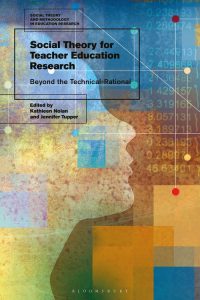
Chapter: Centring imagination in teacher education
The chapter offers reflections on how imagination can be nurtured in the practice of teacher education.
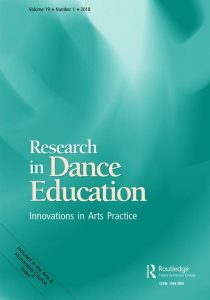
Article: Creative and embodied methods to teach reflections
This article describes a project at the Rambert School of Dance that introduced the use of creative methods for teaching reflection and reflective practice.
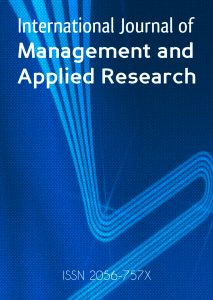
Article: Using LEGO® to understand emotion work
This paper presents how LEGO® can be used in workshops to explore doctoral students’ emotions around the complex and solitary experience of a PhD research.

Article: Making academia more accessible
The remit of this paper is to provide practical ideas and recommendations to address accessibility issues in events and conferences as a first step to improving existing working conditions.

Reshaping higher education
This is my reshaping higher education contribution to the post-strike Big Meeting organised by Reclaim the University in June 2018.
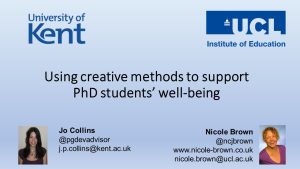
Using creative methods to support well-being amongst PhD students
This workshop provides attendees with reflective tools to help PhD students understand their innermost emotions, concerns and needs, which is a first step towards developing strategies for well-being.

Article: Partnership in teacher education
This article is an example of student-staff collaboration within the community of practice of trainee teachers.
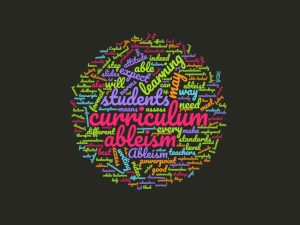
Ableism in the curriculum
In this post, I explain what ableism in the curriculum is, and what we as teachers can do to counter ableism in the curriculum.
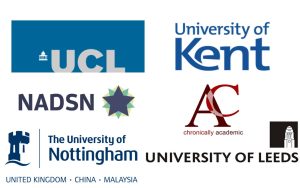
Ableism in Academia
Call for contributions to the Ableism in Academia symposium and special edition publication.
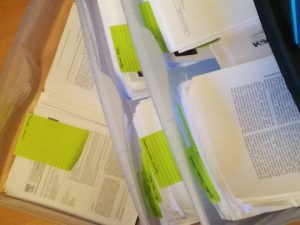
How much reading is enough?
I am often asked how much reading is enough? In this post I outline what you should consider in order to decide when it is enough.

Providing feedback for learning
Providing feedback is important to improve learning. So here are some examples for providing feedback that foster students' engagement.
Integrity at the core of strategies to prevent cheating and plagiarism
Universities need to teach professional values and integrity, if plagiarism and cheating is to be prevented in the long-term.
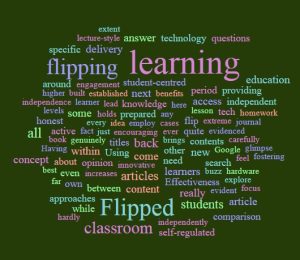
Is flipped learning really all the rage?
In this article about flipped learning I argue that flipped learning should only be used as one teaching method amongst many others.
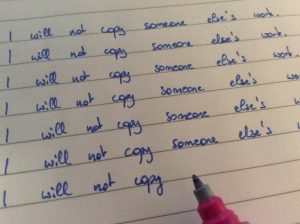
Reflections about plagiarism
Plagiarism is a socio-cultural issue. This is about academic integrity and the reputation of an institution and the degree that is awarded. I would not want to hold an academic degree that is devalued in such way that many people were able to cheat their way through it. This is a reflective piece of writing on plagiarism and what it feels like for an academic.
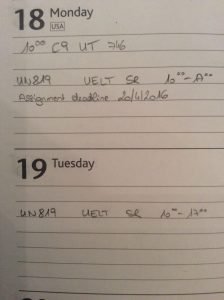
Time management
A cyclical process of reading, writing and editing is only possible if you leave enough time. Time management is therefore one of the key skills to learn when entering University life. The easiest way to introduce effective time management is by preparing schedules.
How to make writing more academic
In tutorials students often tell me that they are not confident regarding their writing skills and they ask me how to make writing more academic. Every University, every faculty and even departments will have their own philosophy relating to writing, so these guidelines must be adhered to. However, I personally think that students' attempts to make writing more academic often result in less structured and weaker essays.